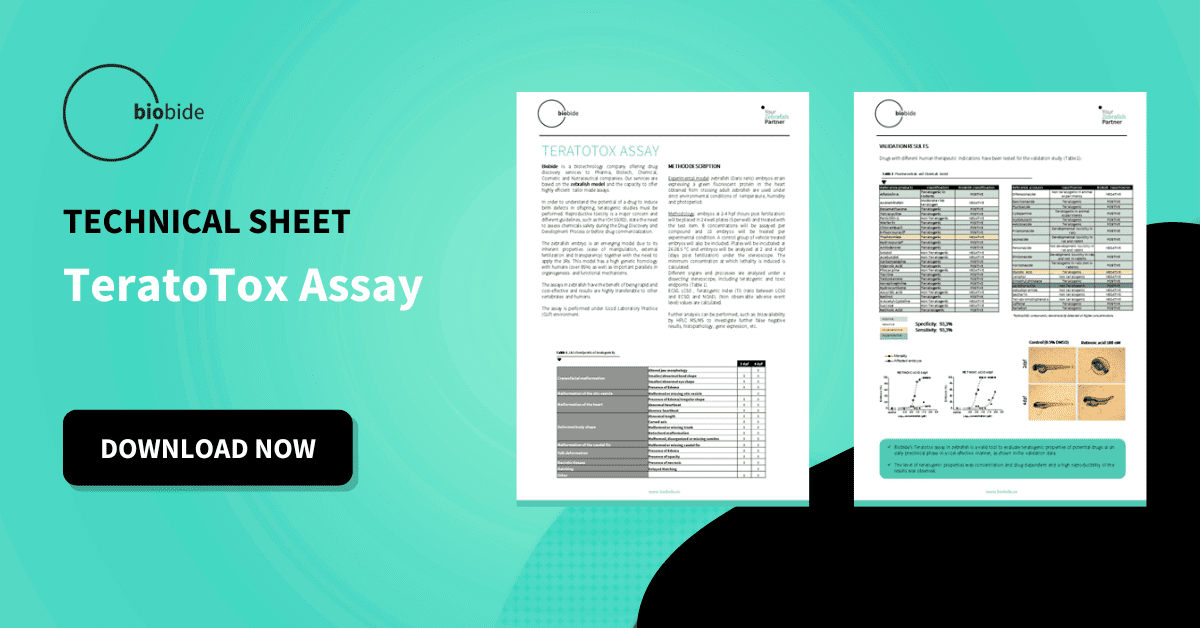The control and regulation of the safe and proper use of chemical compounds, medicines, and physical agents present in the industry, food, and consumer products is vital for preventing harmful side effects of these products. This labor is done by three principal European Regulatory Agencies, the European Medicines Agency (EMA), the European Food Safety Authority (EFSA), and the European Chemicals Agency (ECHA).
The main role of these decentralized regulatory agencies is to protect the population and animal health, and the environment by the approval of safety standards and regulations to fulfill all products. In this sense, these agencies ensure suitable standards and regulations for the manufacturing process control, installation surveillance, and toxicity tests of the chemical compounds or physical agents. These regulations concern medicines, food, chemicals, and materials used for human and animal consumption and industrial processes.
In addition, they support the European Commission and its guidelines and policies and oversee the various regulations in its specialized area. Bellow, the role of each agency is explained in more detail.

The European Medicines Agency (EMA)
The EMA is responsible for offering guidance on the evaluation and supervision of all medical products, for both human and veterinary use, in Europe. It works by coordinating the evaluation and monitoring of authorized products and supporting national regulatory agencies to ensure medicinal products are safe and effective.
Besides, one of the EMA’s key objectives is to rapidly facilitate the development of medicines and their accessibility to benefit human health while ensuring procedures meet the set standards. This includes the supervision of the medical compound´s development process and the monitoring of its safety throughout the product’s lifetime, to ensure they remain safe for their use and don’t present unexpected adverse events.
All new drugs in the European Union (EU) must be submitted to the EMA for review before they can go on sale. If the product meets the appropriate risk-benefit balance the agency will present it to the European Commission for commercialization approval in the EU.
The EFSA (European Food Safety Authority)
In Europe, there are two different separate regulatory agencies for working on medicines and food safety, while in the USA the same organization takes care of both of them, the Food and Drug Administration (FDA), as its name describes.
The main role of EFSA is to protect consumers from the possible risk the food and feed products can present by assessing their safety and providing risk communications and warnings to the public.
For this purpose, the EFSA consists of a team of experts from all over Europe who evaluate the safety of food products and their possible harmful effects on health. These experts analyze a range of food product categories that include animal health and welfare, chemical contamination of food and animal feed, food ingredients and packaging, the use of pesticides, and the possible risks associated with the use of genetically modified organisms (GMOs). Importantly, these products can present toxicity and enter the food chain, from contaminated soil at the growth stage of plants used in food, and represent a risk to consumers.
All products approved for consumption must meet EU legislation standards regarding toxicity levels. The EFSA assesses the risks of new and existing food products and works with international partners to maximize the use of their resources. The agency shares the data it collects on food safety testing with other organizations for cost efficiency and also to enhance global food safety. Besides, it provides scientific advice to support the new EU legislation for food products.
The ECHA (European Chemicals Agency)
The main role of the ECHA is to ensure the safety of chemical products for the population and the environment. For that purpose, the ECHA has to verify all chemicals used and commercialized in the EU meet the standards of European legislation. These chemicals could be contained in cleaning products, electrical appliances, furniture, and even clothing.
This work includes supervision of safety measures when working with hazardous chemicals and waste management and the supervision, correction, and implementation of new regulations.
Moreover, one of the most relevant objectives of this agency is to gather the data available on chemicals and increase the knowledge of their toxic effects to ensure their safe use.
Summarizing, each of these European Regulatory Agencies has an essential role in safeguarding our health and the environment by controlling the toxicity levels and the safety of any compound, with chemical or physical properties, present in the day-life and industry. But also, in the control of the side effects, efficacy, and health impact of medicines. These actions include the surveillance of products and procedures, set of the appropriate regulatory frameworks, increasing the knowledge about the toxic effects chemical compounds and medicines present, educational actions for the public, and the diffusion of relevant information and warnings on important concerns about any product.





